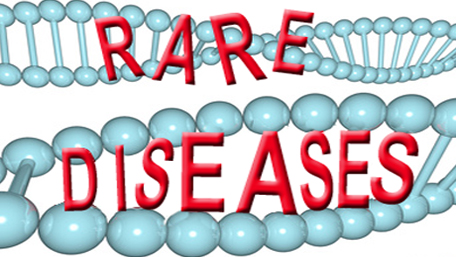
04/22/2022
Hot Topics of the Day are picked by experts to capture the latest information and publications on public health genomics and precision health for various diseases and health topics. Sources include published scientific literature, reviews, blogs and popular press articles.
Sign up MyPHGKB to receive the daily hot topic email alert.
Archived Hot Topics of the Day By Date
Provisional COVID-19 Age-Adjusted Death Rates, by Race and Ethnicity — United States, 2020–2021
BI Truman et al, MMWR, April 22, 2022
The performance of wearable sensors in the detection of SARS-CoV-2 infection: a systematic review
M Mitratza et al, Lancet Digital Health, May 2022
CDC Statement on Masks in Public Transportation Settings
CDC, April 20, 2022
Vaccine effectiveness against SARS-CoV-2 infection and COVID-19-related hospitalization with the Alpha, Delta and Omicron SARS-CoV-2 variants: a nationwide Danish cohort study
MA Gram et al, MEDRXIV, April 20, 2022
Immune response to 2-dose BNT162b2 vaccination and risk of SARS-CoV-2 breakthrough infection: The Shieldvacc-2 study
L Seekirsher et al, MEDRXIV, April 21, 2022
Genetic diversity and spatiotemporal distribution of SARS-CoV-2 alpha variant in India
J Parasar et al, MEDRXIV, April 21, 2022
Effectiveness of Primary and Booster COVID-19 mRNA Vaccination against Infection Caused by the SARS-CoV-2 Omicron Variant in People with a Prior SARS-CoV-2 Infection
M Lind et al, MEDRXIV, April 21
Accuracy of US CDC COVID-19 Forecasting Models
A Charia et al, MEDRXIV, April 21, 2022
A Platform for Data-centric, Continuous Epidemiological Analyses
FC Coehlo et al, MEDRXIV, April 21, 2022
Opportunities to integrate nutrigenomics into clinical practice and patient counseling
D Roosan et al, EJCN, April 20, 2022
Point of care CYP2C19 genotyping after percutaneous coronary intervention
LM Baudhuin et al, The PGX Journal, April 20, 2022
Harnessing the immunotherapeutic potential of CDK4/6 inhibitors in melanoma: is timing everything?
EJ Lelliot et al, NPJ Precision Oncology, April 20, 2022
Ipilimumab/Nivolumab Therapy in Patients With Metastatic Pancreatic or Biliary Cancer With Homologous Recombination Deficiency Pathogenic Germline Variants
G Terrero et al, JAMA Oncology, April 21, 2022
Pan-cancer prognostic genetic mutations and clinicopathological factors associated with survival outcomes: a systematic review
J Kaubryte et al, NPJ Precision Oncology, April 22, 2022
The complexity of diagnosing rare disease: An organizing framework for outcomes research and health economics based on real-world evidence.
Hayeems Robin Z et al. Genetics in medicine : official journal of the American College of Medical Genetics 2021 12 (3) 694-702
Association of Pathogenic Variants in Hereditary Cancer Genes With Multiple Diseases
C Zheng et al, JAMA Oncology, April 21, 2022
Disclaimer: Articles listed in Hot Topics of the Day are selected by Public Health Genomics Branch to provide current awareness of the scientific literature and news. Inclusion in the update does not necessarily represent the views of the Centers for Disease Control and Prevention nor does it imply endorsement of the article's methods or findings. CDC and DHHS assume no responsibility for the factual accuracy of the items presented. The selection, omission, or content of items does not imply any endorsement or other position taken by CDC or DHHS. Opinion, findings and conclusions expressed by the original authors of items included in the Clips, or persons quoted therein, are strictly their own and are in no way meant to represent the opinion or views of CDC or DHHS. References to publications, news sources, and non-CDC Websites are provided solely for informational purposes and do not imply endorsement by CDC or DHHS.
- Page last reviewed:Feb 1, 2024
- Page last updated:Apr 18, 2024
- Content source:








